Women in progress: how I found my voice across four continents
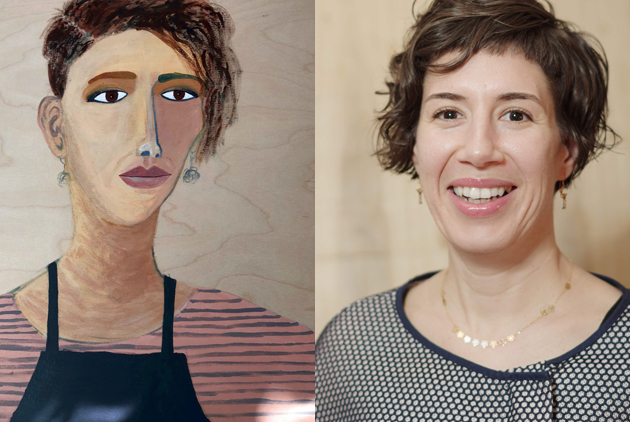
Source:Hasnaa Fatehi
When you know you are ready but the world you are in is not ready for you, don’t stay there forever hoping things will change, waiting to be picked. Pick yourself!
Views
Women in progress: how I found my voice across four continents
By Hasnaa Fatehiweb only
Ibn Battuta is a 14th century Moroccan scholar and explorer who widely travelled the “old world”. Over a period of thirty years, he visited most of the old world, central Asia, Southeast Asia, South China, and the Iberian Peninsula. Near the end of his life, he dictated an account of his journeys, commonly known as The Rihla (or the trip/journey). In distance, he travelled more than any other explorer on record, surpassing Zheng He and Marco Polo.
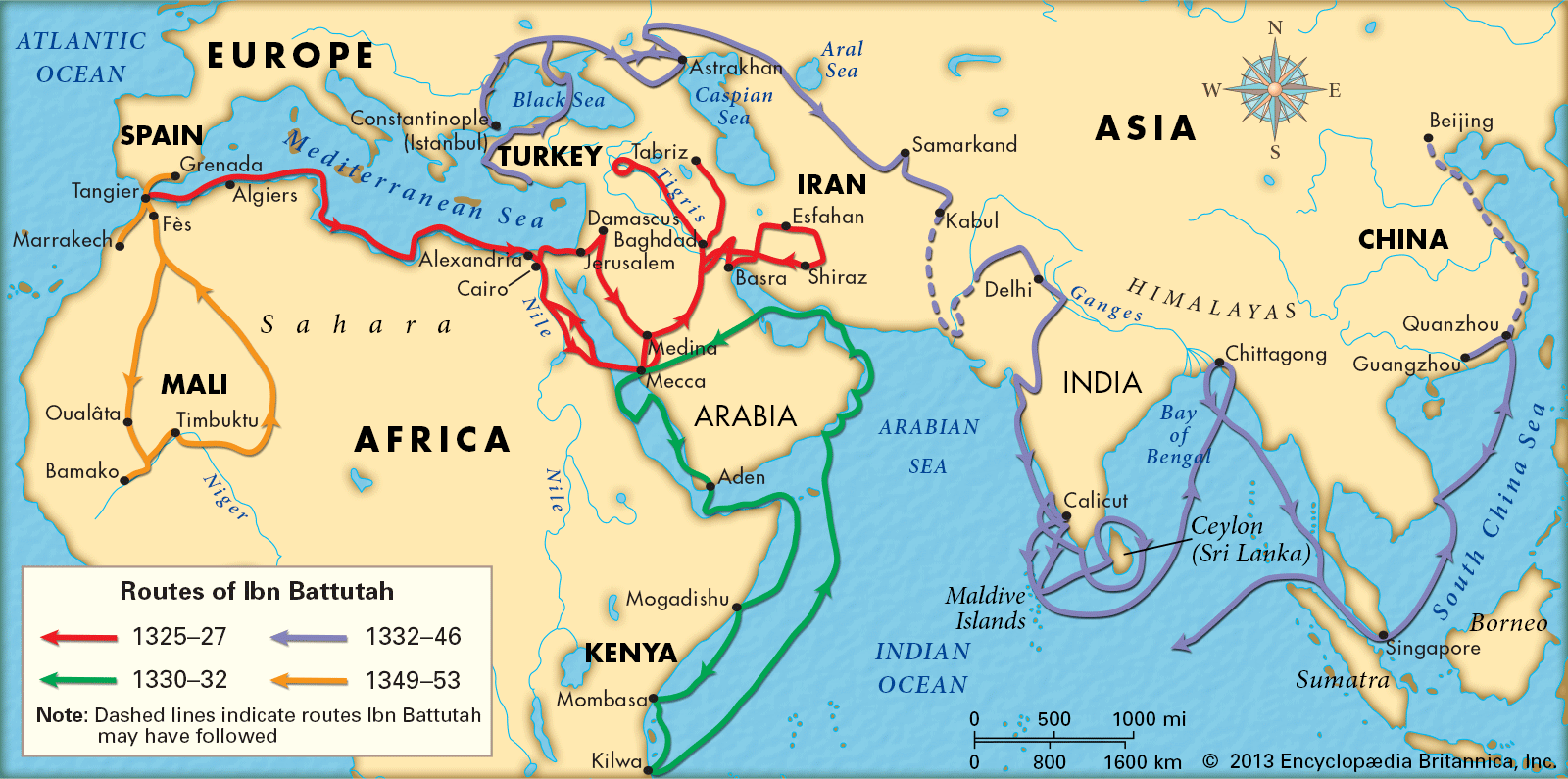
(Source: Ibn Baṭṭūṭah's voyages The voyages of Ibn Baṭṭūṭah. Encyclopædia Britannica, Inc.)
When I announced to my parents my plans to move to Singapore, after I had finished my studies in Germany, my father nicknamed me Bint (female for Ibn) Battouta. It was his way to console himself realizing I was not going to come back to Morocco, build a family and produce grandchildren.
I moved from Morocco, to France, to Quebec, to France again, to Germany, to Singapore, to Canada, and now I am in Taiwan.
I share the story of my travels to point to the fact that I had to adapt, learn, un-learn and re-learn things several times. That turned out to be a huge advantage in business, the ability to hit the road with a major change and make the best out of it but it is also very costly, financially and emotionally. On the bright side of things, I am more and more convinced that the reason I became a Regulatory Affairs person, is because of all the visa and university applications I had to fill throughout my studies and career.
I refused to let my very underprivileged Moroccan passport limit my ambition.
The managerial stories I am about to recount are all described from a very specific social location. The witty (and not so witty) ways I navigated these situations are also closely linked to that.
Consider this a “Cautionary Disclaimer”.
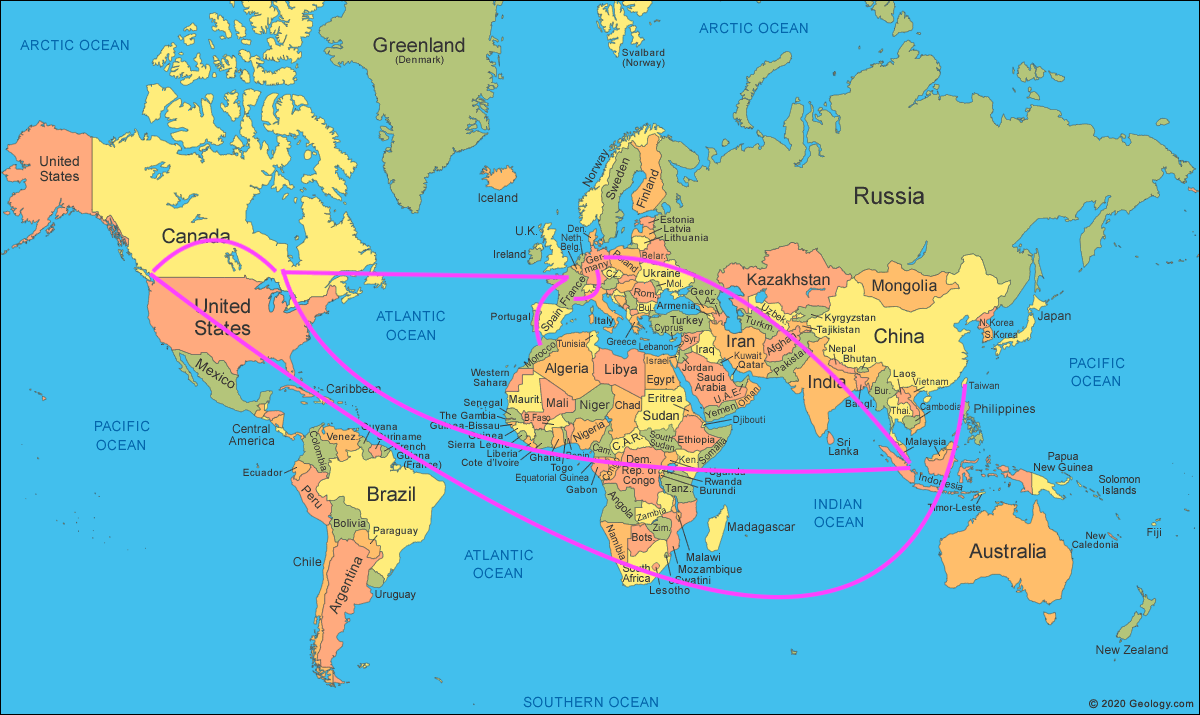
Bint Battouta’s Voyages- clearly, I beat Ibn Battouta, as he had no idea of the new world.
Stories from the corporation
Being in a managerial position, means holding power, holding power means some will love you, others will fear you and the last group will plain hate you.
In the west, I am the North-African woman who could be saved and empowered to reach her full potential if (only) she assimilated. In Southeast Asia, I was an unfamiliar mixture of westernized and Muslim woman. On one hand, people trusted my judgement, because I am educated in the west and gave me more responsibilities. On the other, the local community had certain expectations of me.
Looking for a job in Singapore, I remember asking a male friend of mine if he could be my “on call husband”, employers were suspicious of a random PhD woman, over 30 years old, with a Muslim name, unmarried, coming alone to Southeast Asia to work and live. How audacious? And even with the most credentialed resume, I was still a question mark.
Eventually, I found a Manager position within P&G. A female Japanese Sr. Manager was impressed with our conversation during the interview and wanted me in her team. This is how I started my corporate career.
It was difficult to live through some Asian colleagues’ ostracism. They saw me as competition, a punching bag, their revenge against the west (I look white) and found ways to create alliances against me. A female Southeast Asian Manager concluded, after 6 months of my probation time ended, that I was “over-confident” and therefore not suitable for a serious role like that of Regulatory Affairs. In my view, she simply did not like how I was continuously challenging her authority.
I was however very lucky, less than a year after I joined P&G, I got a new manager who was very attuned to the fact that I was the only non-Asian local hire, who taught me a lot about successfully navigating corporations. Things like saying “Yes If” instead of “No”. This single trick changed how I was perceived and subsequently allowed me to gain larger support every time my name was suggested for new projects.
I changed industries to MedTech with my move to Canada. This was a huge shift from P&G and FMCG. MedTech is mostly made of small businesses of 25 or less employees and is a very white male dominated industry.
I can’t count the number of times I received a mail/email addressed to Mr. Fatehi. Once in a call I was leading, a guy kept on referring to all of us as “gentlemen”, it was mystifying. Another time, a congratulatory email to all Managers (I was the only woman) sent by the Business Unit Vice President opened with “Well done gents!”.
This is how I started a game with myself, every time someone addressed me as Mr. Fatehi, I replied with an email entirely written in this very Magenta color.
I landed once a challenging assignment that no man in my company at the time wanted. The team I built excelled at delivering the job and yet, the only thing that ever mattered was my “voice tone”. I was called scary, difficult to work with, some even said: “I looked crazy some days”, others became disturbingly territorial. This experience changed my mind about hard work, I started working less and spending more time on “social” activities, very much like my male counterparts. I changed my mind about not going for a beer Fridays after work, even though I hate beer. I even changed my mind about Sunday mornings at the Curling club, an obscure Canadian sport.
I was stunned by all the business insider info that could be obtained while drinking a mediocre glass of wine. Craft beer places pride themselves on serving a generally disgusting juice they call house pour. Starting my non-academic career in Singapore, in a mostly female function, I was not aware of the Anglo-Canadian and American ways of doing business in male dominated Tech industries.
Because of the very few senior female managers around me, I defaulted to male managers for models and quickly learnt that what a guy can do to make his point, will simply not be acceptable if it came from a woman or any other minority group. This was another hard lesson I learnt in MedTech in Canada.
I eventually got laid off and started my own business. The craziest trip I have ever been on.
Past Myths and current truths

(Source: ArtsHub)
The overnight success: We are less and less ready to receive/hear the windy, excruciatingly painful story of all the times a now successful person wanted to give up, change career, slap their boss, kill themselves etc…truth is we fail to succeed, I can’t emphasize this enough.
I have many myths I would have loved to communally let go of with you but in the interest of readers’ ever shortening attention span I have to restrict myself to one additional myth I really want to publicly terminate. Professionalism.
Professionalism is the single catch-all term used to keep women in boxes.
Was it professional not to speak English with a native accent? to have an asymmetrical haircut? to hang my paintings in my office? The answer is some things will be held against you and the same things will be glorifying to another, perhaps more powerful, person. So, don’t ever worry about not being professional enough. Self-censorship is the single most dangerous weapon against your success in life and the corporate world will use it generously.
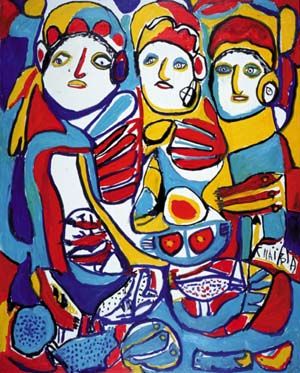 (Source: MACAAL.org, Chaibia Talal)
(Source: MACAAL.org, Chaibia Talal)
Chaibia is a self-taught female, Moroccan, globally renowned, visual artist. Much like her paintings, truths are colorful, ambivalent, inconsistencies. Businesses are made of similar ambivalences and inconsistencies. So, here are some of my current truths, but they are bound to evolve.
The world is unfair BUT I think this is women and the global south’s secret advantage in business. The resilience we build from childhood on because of our social locations, and the social support and solidarity in our families give us that much headway in facing adversity, being creative and not giving up.
The second truth I want to share is that sometimes quitting is the best way to go.
When you know you are ready but the world you are in is not ready for you, don’t stay there forever hoping things will change, waiting to be picked. Pick yourself!
Allow yourself to just quit and go find places that will welcome your dreams even if that meant you have to make these places yourself. Yes, sometimes these places don’t exist yet.
Privilege
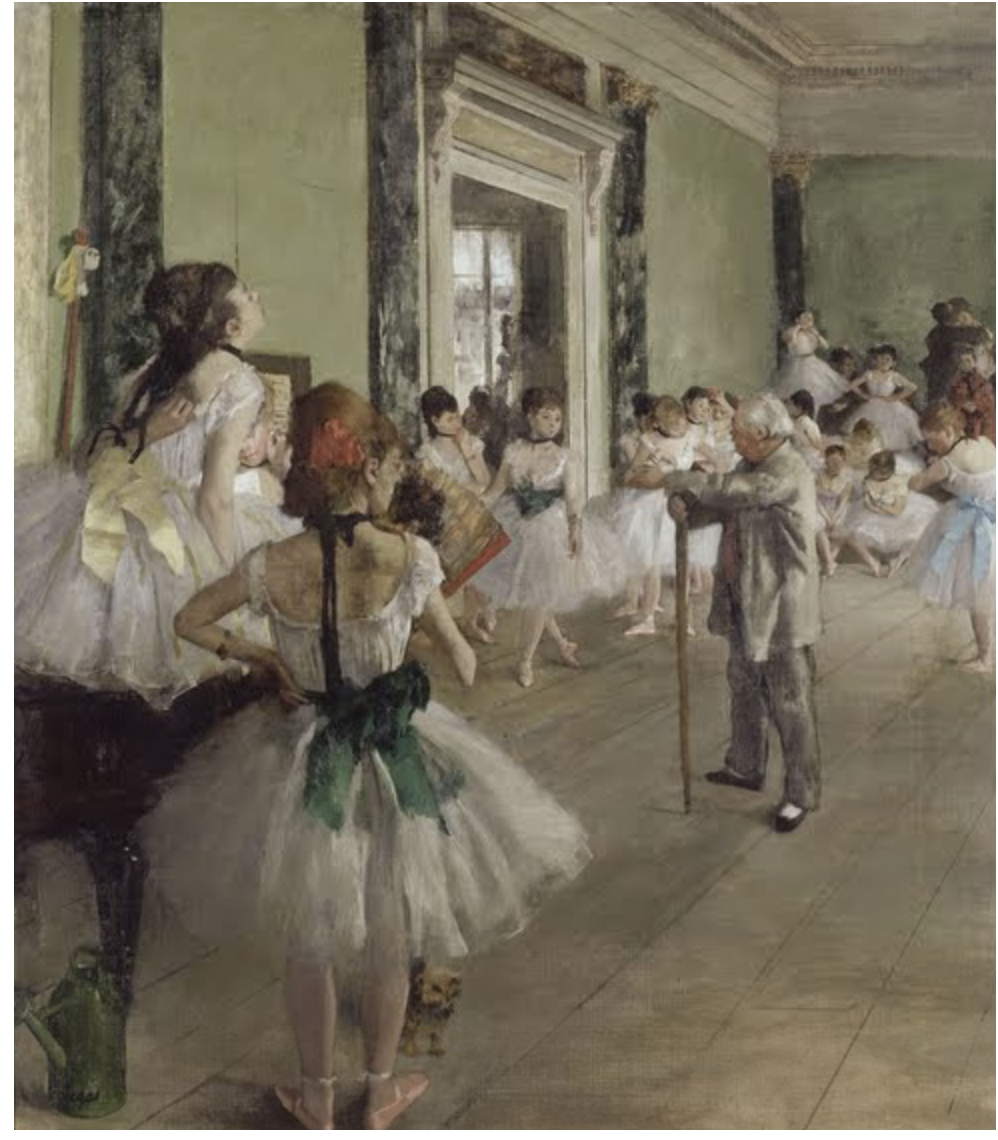 (Source: Google Arts & Culture, Edgar Degas)
(Source: Google Arts & Culture, Edgar Degas)
I was not as privileged as the dancers from Degas’ paintings and did not have the chance to take ballet classes, as much as I would have really loved to as a child, but I want to talk about some of my privileges. We all have them and they help us in one way or another get to where we are.
Despite all my struggles as a racialized woman in Europe and Canada and in male dominated industries, I was born and raised in a country that was war free. My parents valued education and could afford sending me to a university in France. Because of my European degrees, I was able to obtain a permit to work and live in Singapore. Because of my European degrees and my Singaporean work experience at P&G, I was able to obtain a Permanent Residence in Canada. My European degrees were recognized by the Canadian government, which allowed me to keep pushing my career further once I moved to Vancouver and quickly gained citizenship. You see now how that works?
I am also able-bodied, cisgendered, I don’t suffer any chronic diseases, and I am “white passing”, which means in many circumstances, I am given authority over others and I am perceived as more capable. These are realities of the world we live in and it is important to talk about them. What I want to say is, some of my successes can be attributed to my grit and relentlessness and other successes are pure privilege based on skin color, credentials and class. So, know where you are at, understand your social location, use that to navigate the world of business, help others and take risks.
Women Power
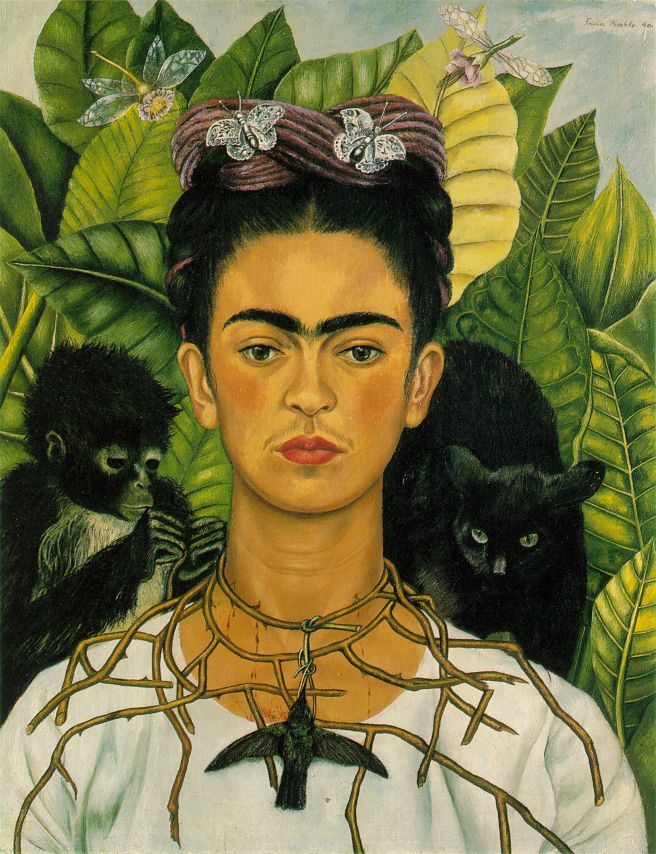 (Source: Google Culture and Arts, Frida Kahlo)
(Source: Google Culture and Arts, Frida Kahlo)
Anyone interested in painting and visual arts knows it is a male-dominated field, much like the corporate world, and they could not be any further from each other.
Because of that, we are told to behave like men. Frida Khalo, a Mexican painter, thrived in her field precisely because she broke all rules in terms of her Art practice and the way she led her life and refused to “Lean In”. Can we take her example to lead our careers?
Fancy Silicon Valley folks and Fortune 500 HR departments know we are in a crisis of creativity. This is the single most sought after “skill”, and yet, it is impossible to gauge someone’s creativity through the current hiring processes that screen for class, credentials and international exposure.
If male-dominated businesses are hungry for new ideas, women, women of color, racialized women, people of color, gender non-binary, disabled people, indigenous people and other underrepresented groups are where these innovative ideas going to come from, I truly believe that.
Feminism, Art and Business
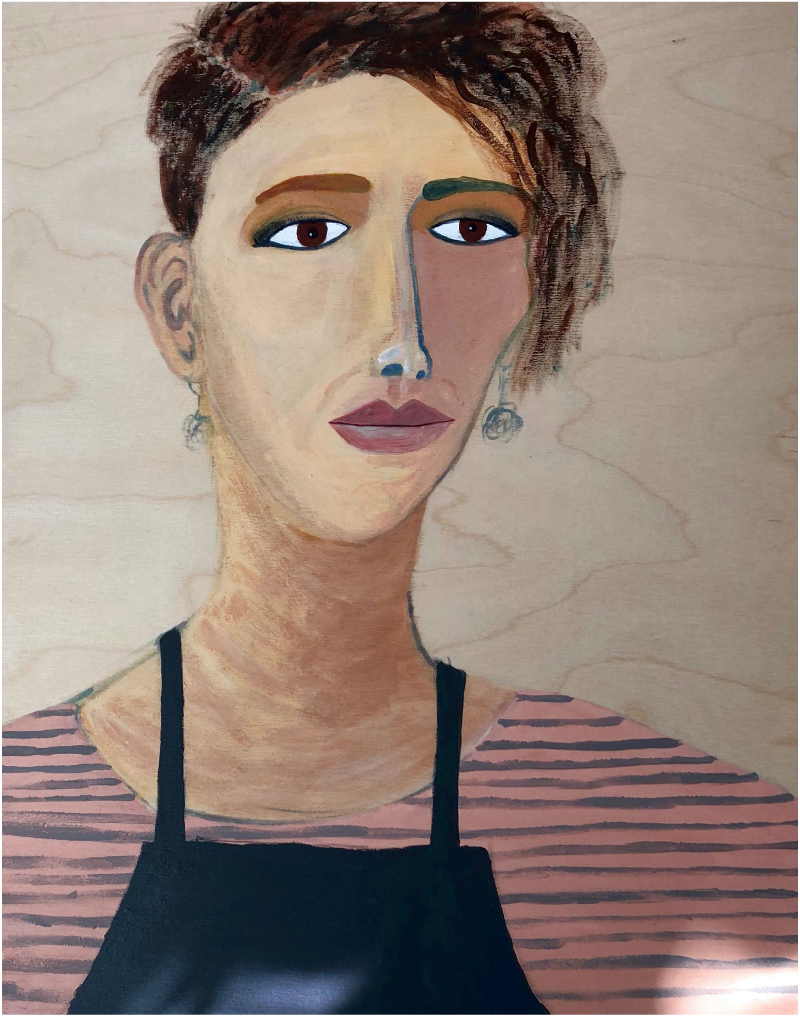 (Source: Self-portrait, Hasnaa Fatehi)
(Source: Self-portrait, Hasnaa Fatehi)
When I painted this self-portrait, I did not know what it would look like. I was scared of what I could find out about myself if I spent 25 hours looking at my mirror image and painting it.
At the end I learnt something, I learnt I really liked this woman. She has strange colored eyebrows, but she is dignified and solid. I used that to source strength to start my own business.
While we are all hungry for models of success, I want to encourage all women to spend time emboldening their unique voice and fostering their imagination and strategic thinking.
This is the only way forward, in combination with finding the right audiences, the right employers who will advocate for you, the right collaborators, life partners and friends.
To conclude, I’d like to share with you some simple definitions of feminism, by Prof.
Sara Ahmed, a Queer British/Australian scholar of Pakistani Muslim descent. I hope you find them as inspiring as I do:
-Feminism is obstinate and of an unyielding nature
-Becoming feminist is acquiring a voice
-Feminism is to be serious, responsible, to know things
-Feminism is to be willful suffering from too much will
-Feminism is DIY
-Feminism is repetition
-And finally, feminism is good company.
About the author:
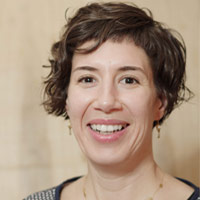
Hasnaa Fatehi is a MedTech regulations specialist and an emerging artist (performance/visual). She thinks a lot about rules and their origins, allowing her art practice to influence her regulatory work and her regulatory work to inform her art practice.
Born and raised in Morocco, Hasnaa's secret mission is to rewrite your/our imagination of Muslim women. When not researching the post-colonial muslim identify, Hasnaa reads and thinks about the many ways we can make the MedTech field more just.
Have you read?
♦ Women’s leadership means business
♦ Be Authentic, Don’t Be Afraid
Uploaded by Penny Chiang






